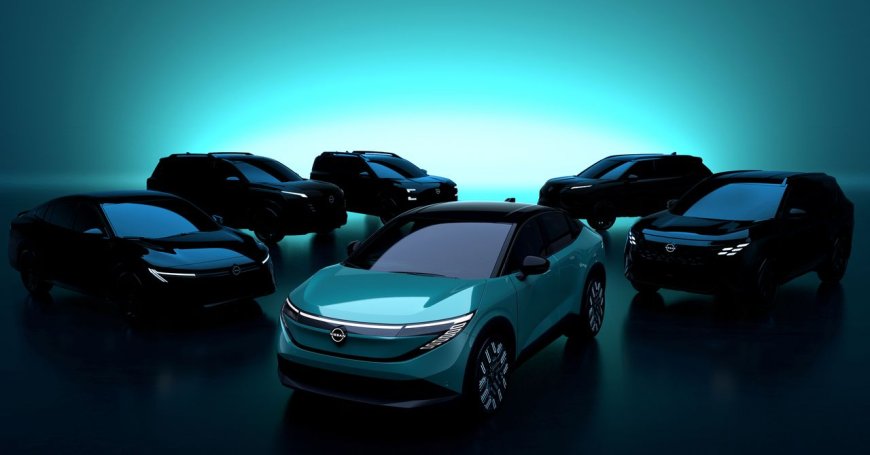How Nissan Hopes to Navigate Trump’s Tariffs and Make Its EVs Great Again

The Nissan Leaf was once the number-one selling EV in the world. Unveiled in 2009, it hit the road in 2010, beating Tesla to market as the first mass-produced EV and topping sales charts for a decade. It was a bold move, and one that should have cemented the company as one of the world's premier EV players. So what happened?
Some 15 years later, in the United States, the automaker has floundered. It didn't predict the rise of hybrids, and it's still dealing with the PR aftermath of a very public failed merger with Honda. Add in years of mismanagement and an outright neglect of its EV portfolio, and the former king of EV sales has been scrambling to find its footing. A chaotic market reeling from threats of tariffs really isn't helping.
Still, Nissan is at least attempting to claw its way back to its former glory. It has a new CEO, upcoming EVs and a hybrid for the US market, and the self-awareness to know it needs to adapt how it does business. Nissan is ready for change. Oh, and those talks with Honda aren't over yet.
The Heart of Nissan
“This is the heart of Nissan,” the automaker's former chief planning officer and shiny new CEO, Ivan Espinosa, tells media gathered at the Nissan Technical Center, located just outside of Yokohama in Atsugi, Japan. Notably absent from this event is outgoing CEO Makoto Uchida. This is the introduction to Espinosa as the boss—but more importantly, the automaker wants to share its plans for the future.
We're seated in a large design studio with a screen that fills an entire wall; executives address the crowd with a mix of renewed focus and humility. In an industry full of bravado, Nissan is refreshingly forthcoming about its issues.
Chief performance officer Guillaume Cartier begins the two-day event by expressing that the company would be an open book, and be honest about the external and internal issues that have plagued the brand in recent years. The Nissan/Honda merger fell apart largely due to the Nissan leadership's unwillingness to concede that in the automotive world, Nissan and Honda are not equals. This time round, there's a promise for better transparency.
The news Nissan wants everyone to now focus on is the unveiling of the third-generation Leaf. Gone is the hatchback—the Leaf has morphed into a sporty but handsome crossover. And after all, the US market loves a crossover.
Powered by Nissan's 400-volt CMF-EV platform, the Leaf will rest on the same architecture as the Ariya. Outside of smart design and repeated insistence that the team focused on efficiency, the automaker shared no information about range, battery capacity, or price. The vehicle will be available first in the United States and Canada beginning in 2025. The new Nissan Leaf.
Courtesy of Nissan
What's Your Reaction?
 Like
0
Like
0
 Dislike
0
Dislike
0
 Love
0
Love
0
 Funny
0
Funny
0
 Angry
0
Angry
0
 Sad
0
Sad
0
 Wow
0
Wow
0



















































